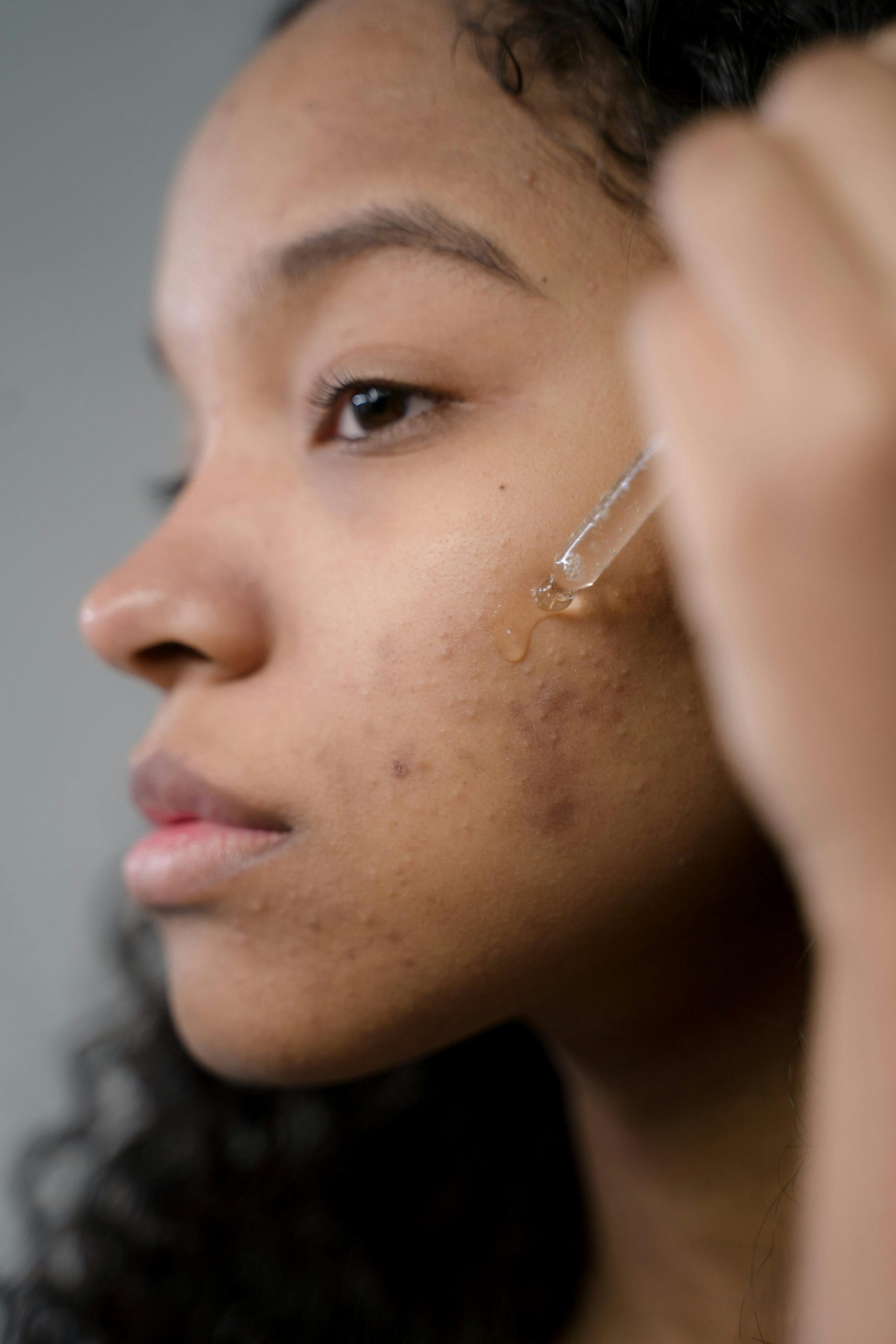
Have you ever noticed lingering dark patches on your skin after a pimple heals or an eczema flare-up subsides? This is a common skin concern called post-inflammatory hyperpigmentation (PIH). PIH occurs when the skin produces excess melanin, the pigment that gives skin its color, in response to inflammation or injury.
What causes PIH?
Several things can trigger PIH, including:
- Acne breakouts
- Eczema flare-ups
- Psoriasis patches
- Ingrown hairs
- Sunburns
- Cuts or scrapes
- Certain cosmetic procedures like laser treatments or chemical peels
Preventing PIH:
The good news is that PIH is often preventable. Here are some key tips:
- Treat underlying conditions: Manage acne, eczema, or other inflammatory skin conditions to minimize inflammation.
- Sun protection is key: Always wear sunscreen with SPF 30 or higher daily, even on cloudy days. Reapply sunscreen every two hours, and more often if sweating or swimming.
- Avoid picking: Resist the urge to pop pimples or scratch irritated skin, as this can worsen inflammation and increase the risk of PIH.
- Gentle exfoliation: Regularly exfoliate your skin with a gentle product to remove dead skin cells and promote even skin tone.
Treating PIH:
PIH can fade on its own over time, but there are also medical aesthetic treatments that can accelerate the process. Here are some options to consider:
- Topical creams: Look for products containing ingredients like hydroquinone, kojic acid, azelaic acid, or niacinamide, which can help lighten hyperpigmentation.
- Chemical peels: Superficial chemical peels can remove the top layer of skin, promoting even pigmentation.
- Microneedling: This minimally invasive treatment creates tiny punctures in the skin, stimulating collagen production and encouraging even skin tone.
- Laser treatments: Certain laser therapies can target melanin and lighten dark spots.
Consult a dermatologist:
It’s important to consult with a dermatologist to determine the best course of treatment for your PIH. They can assess the severity of your condition, recommend appropriate products or procedures, and create a personalized treatment plan.
